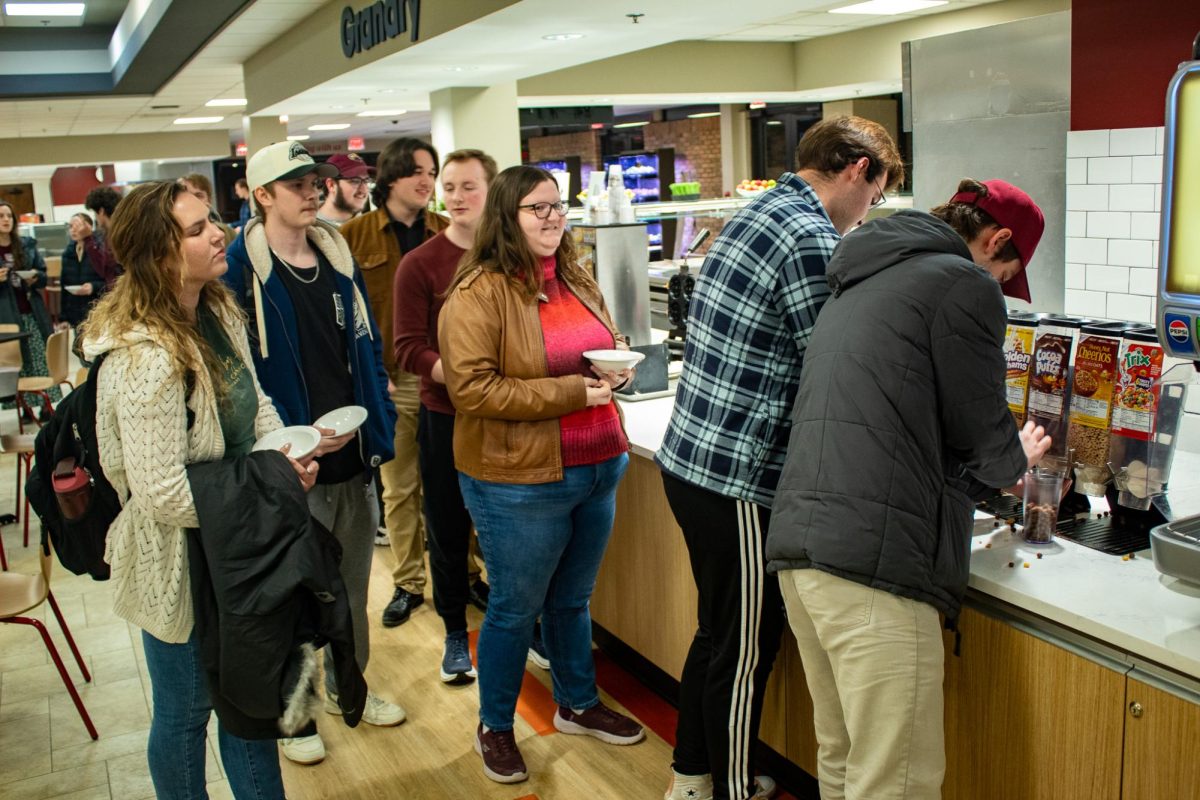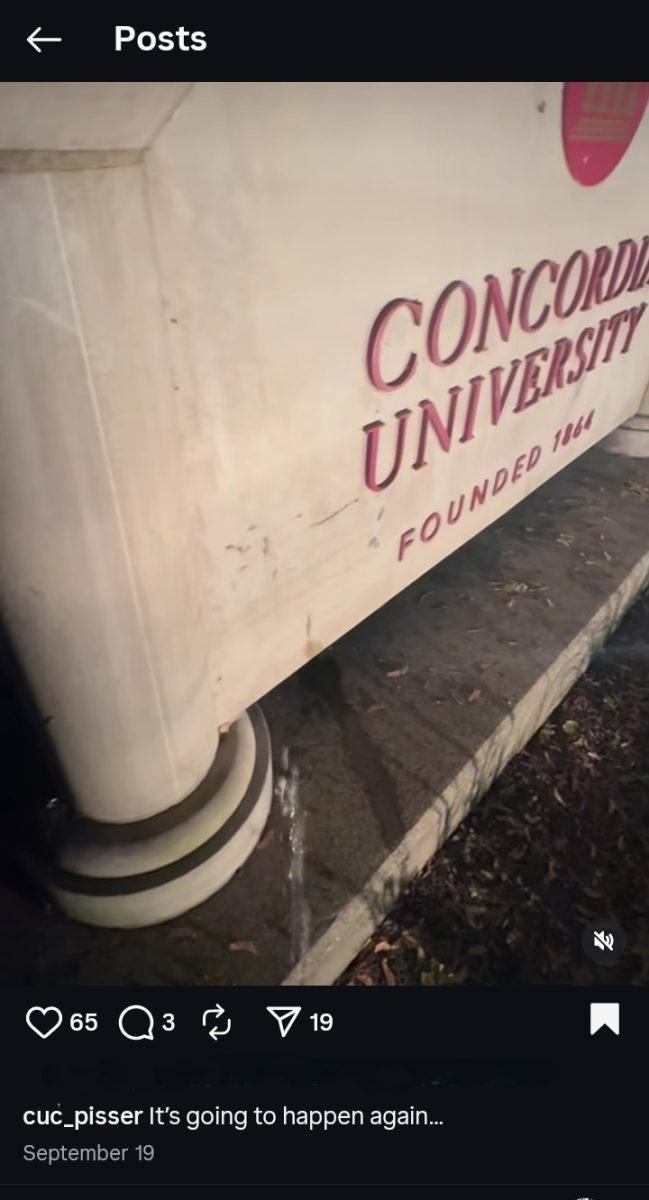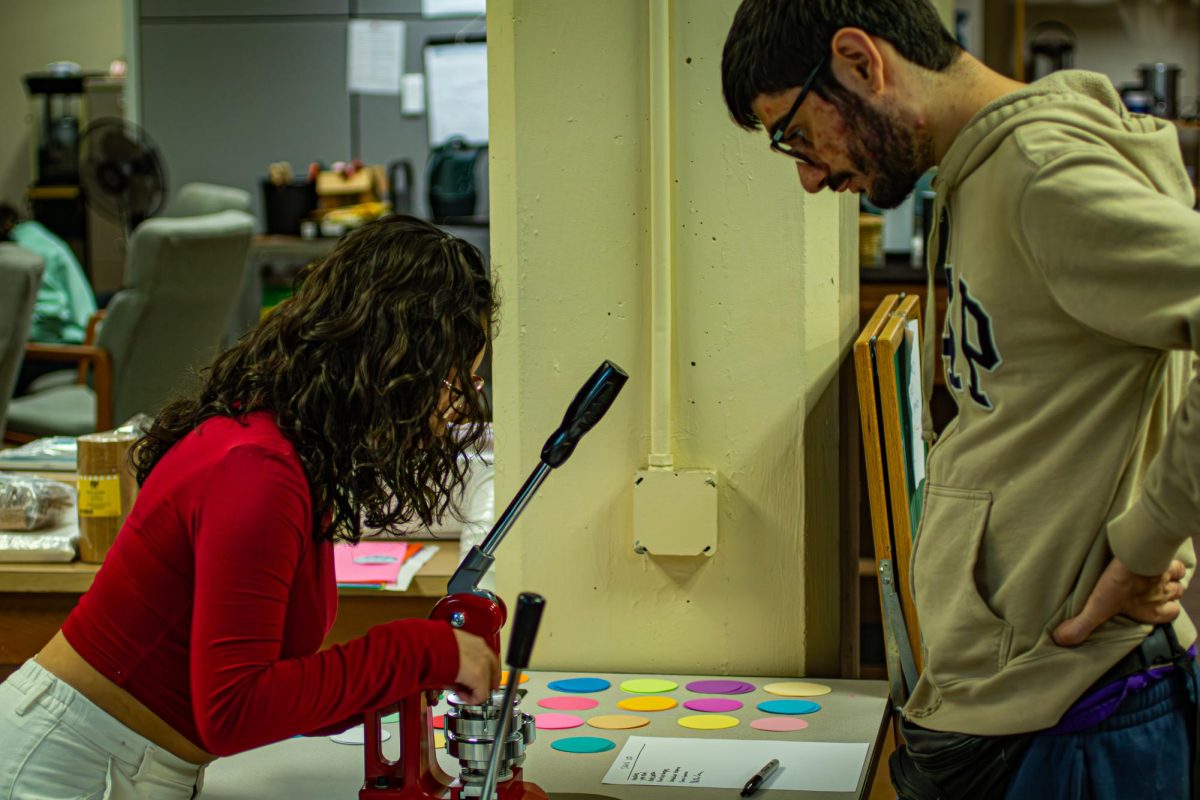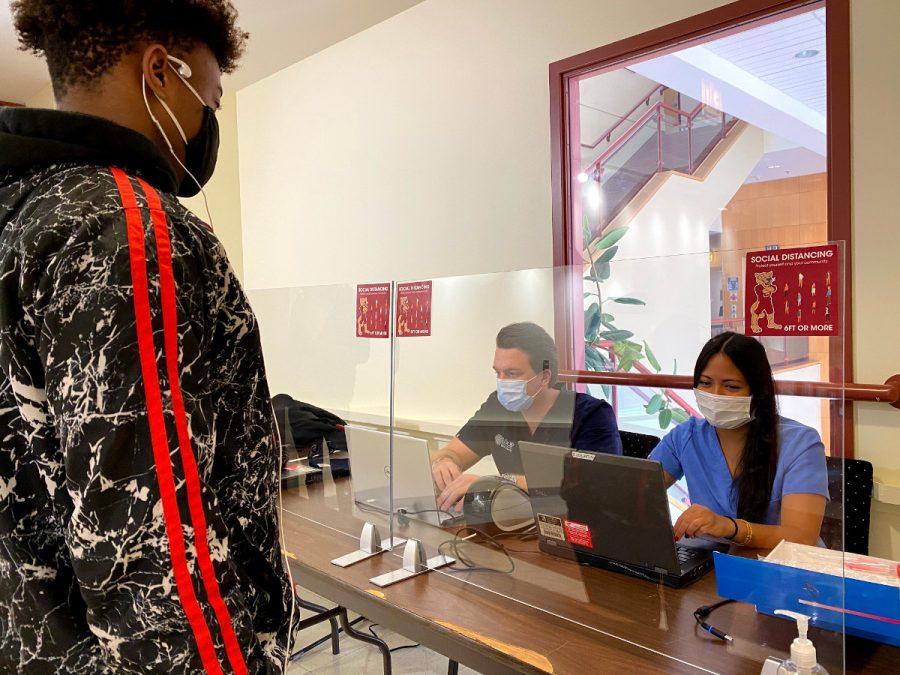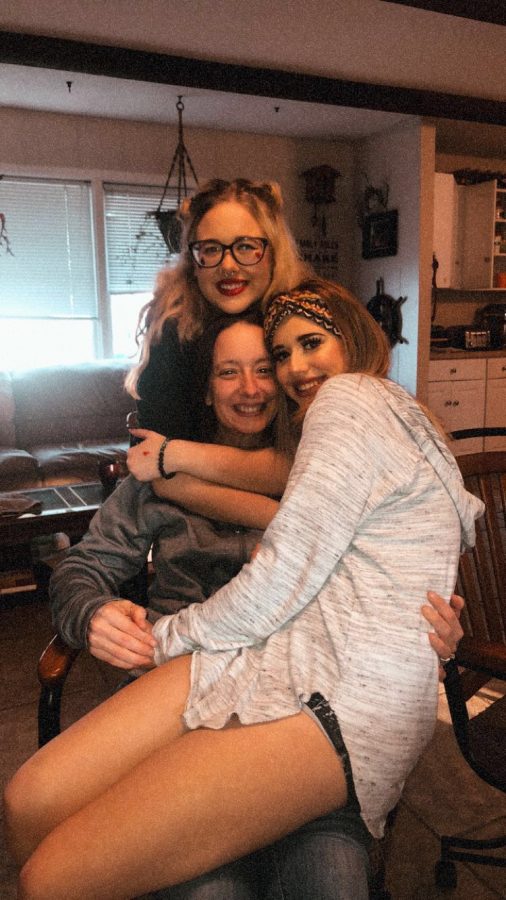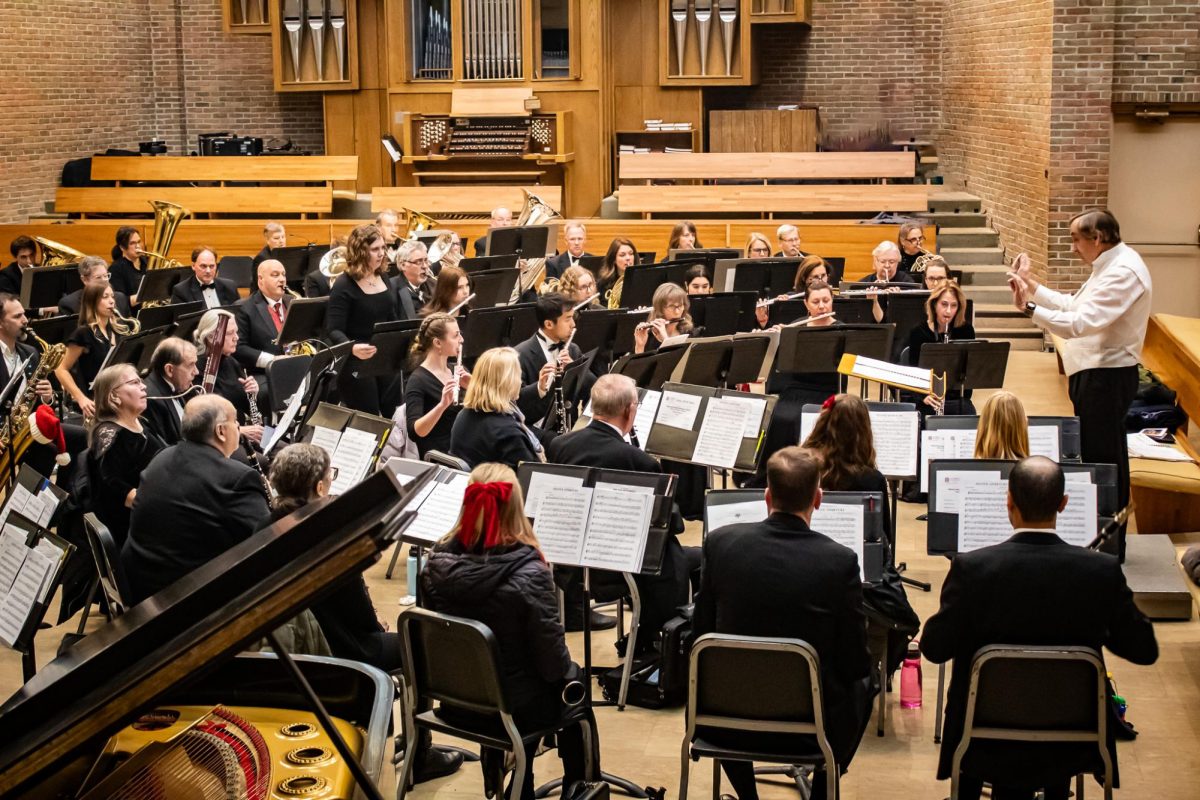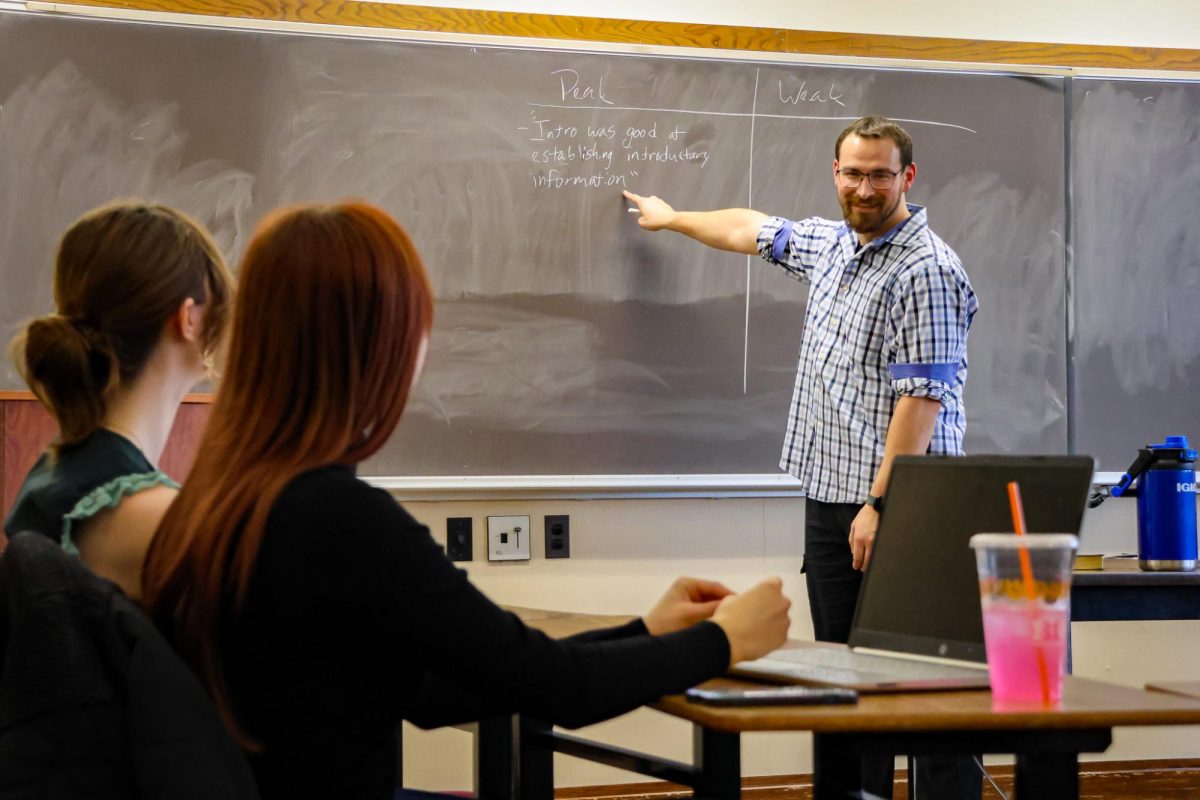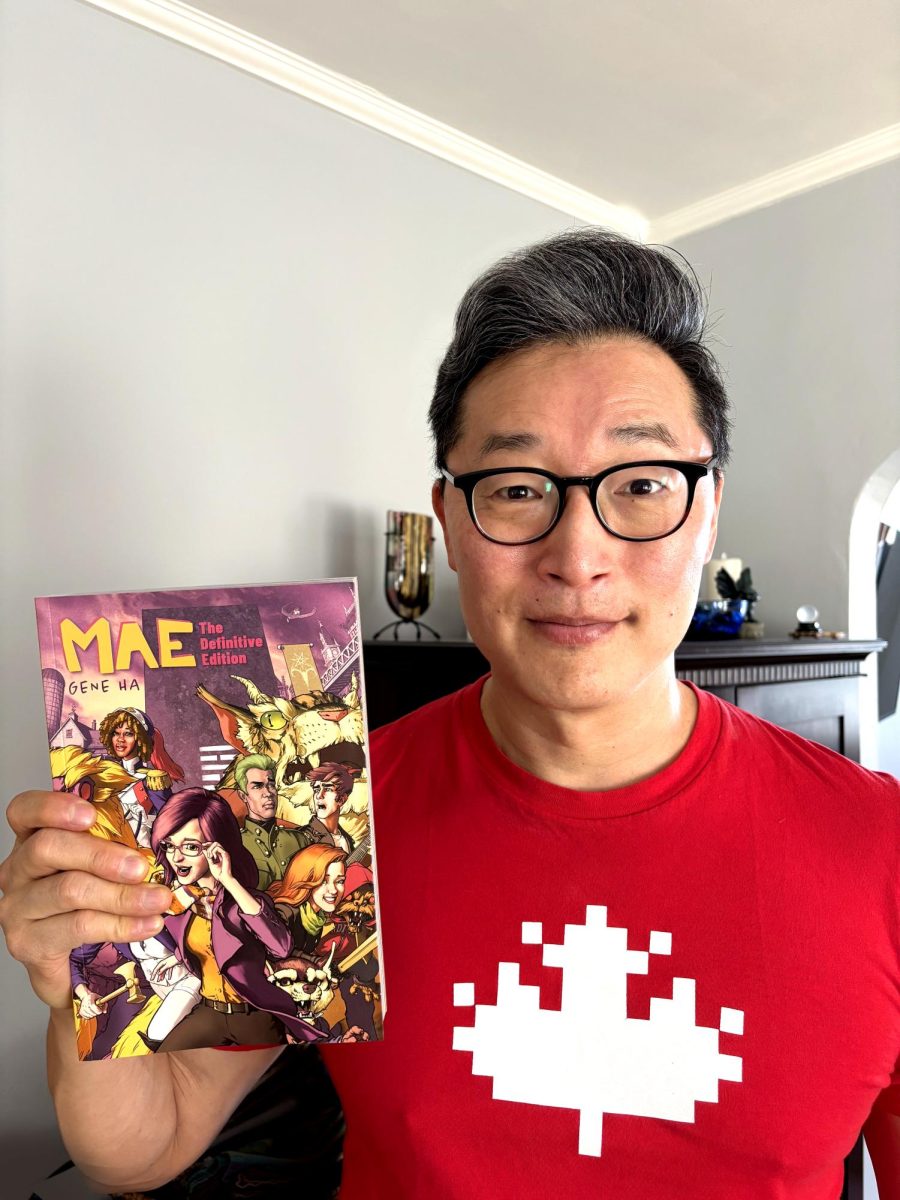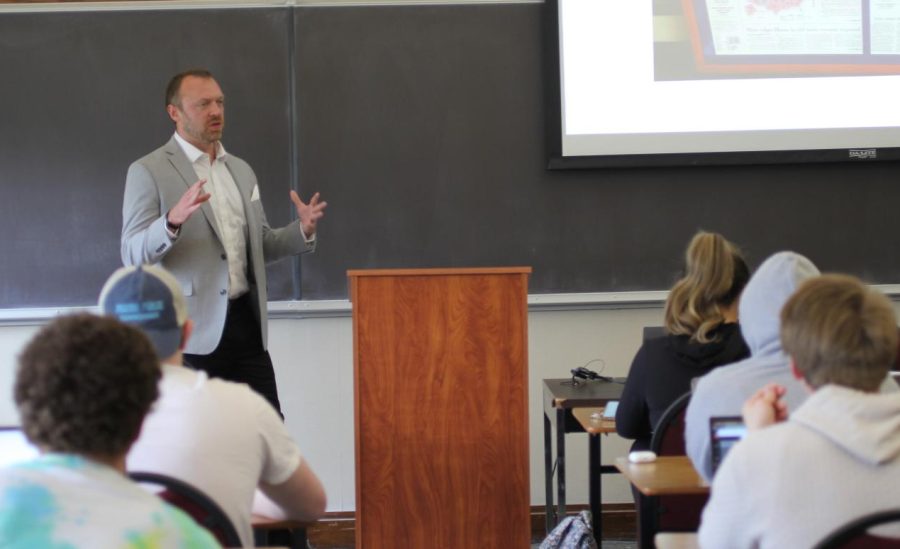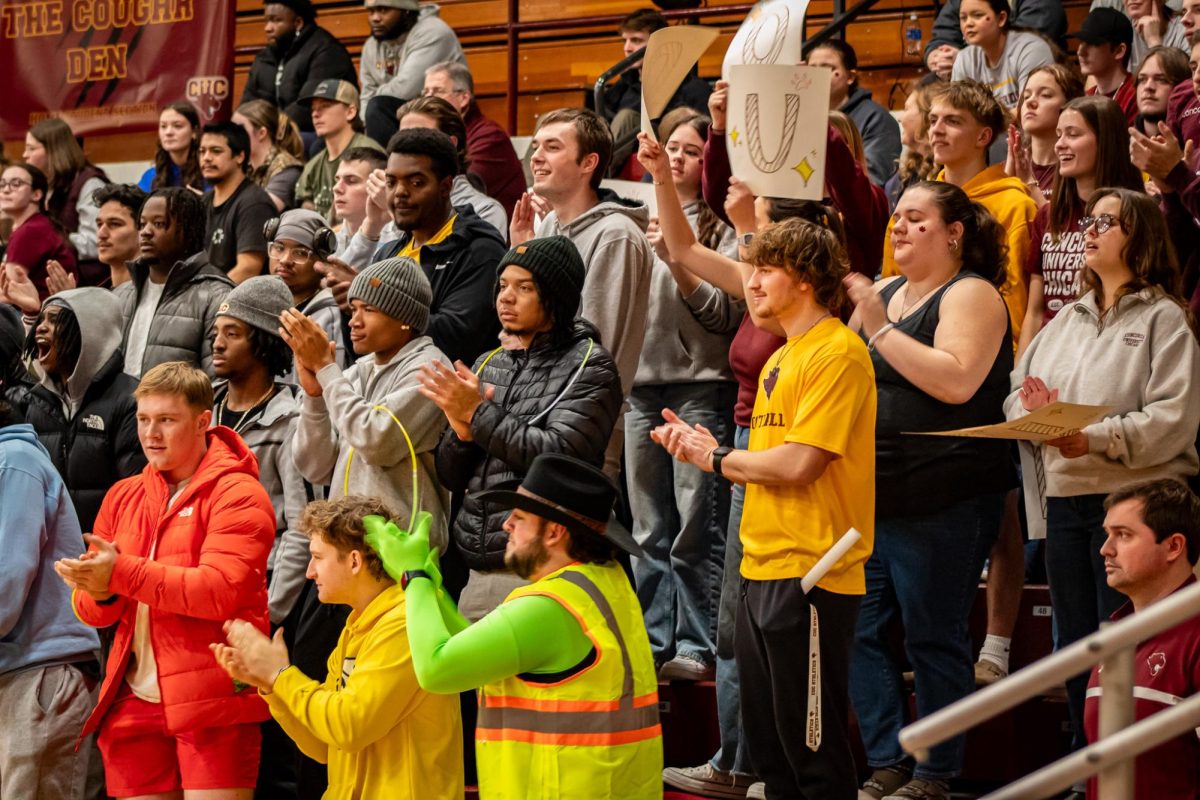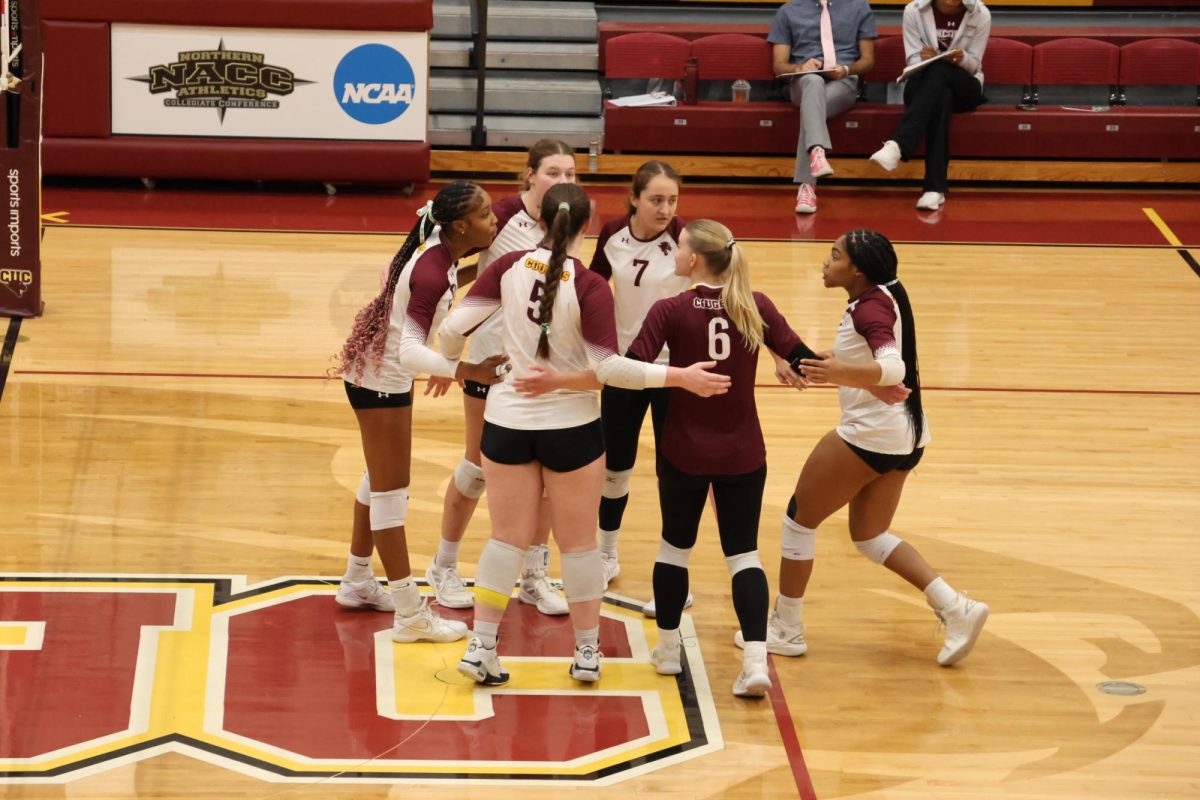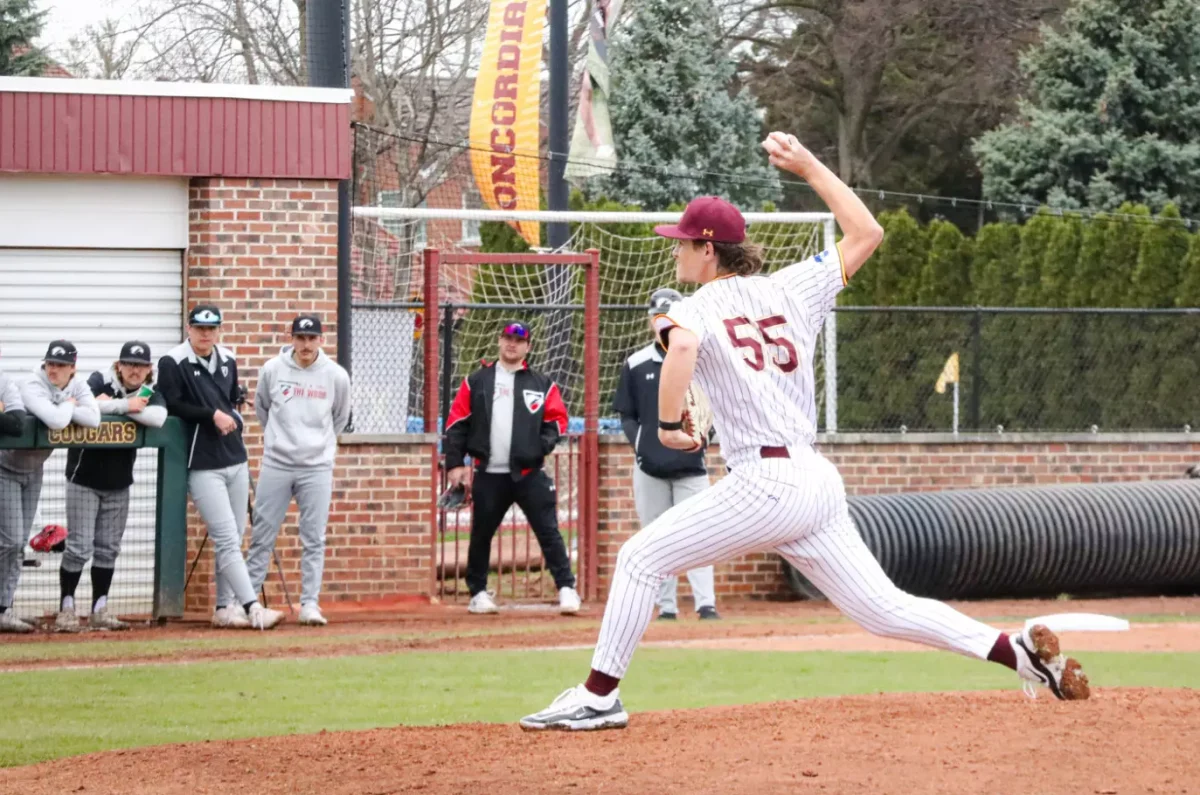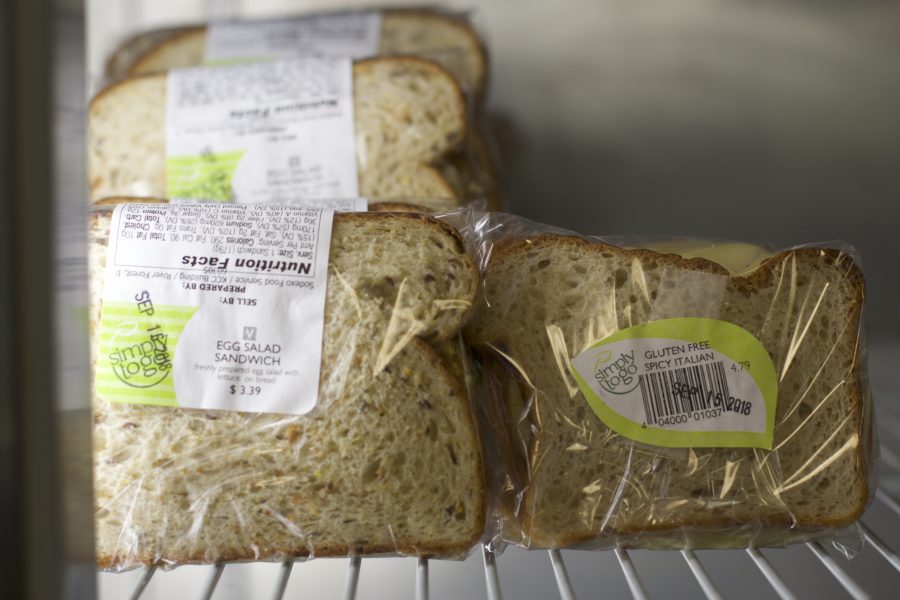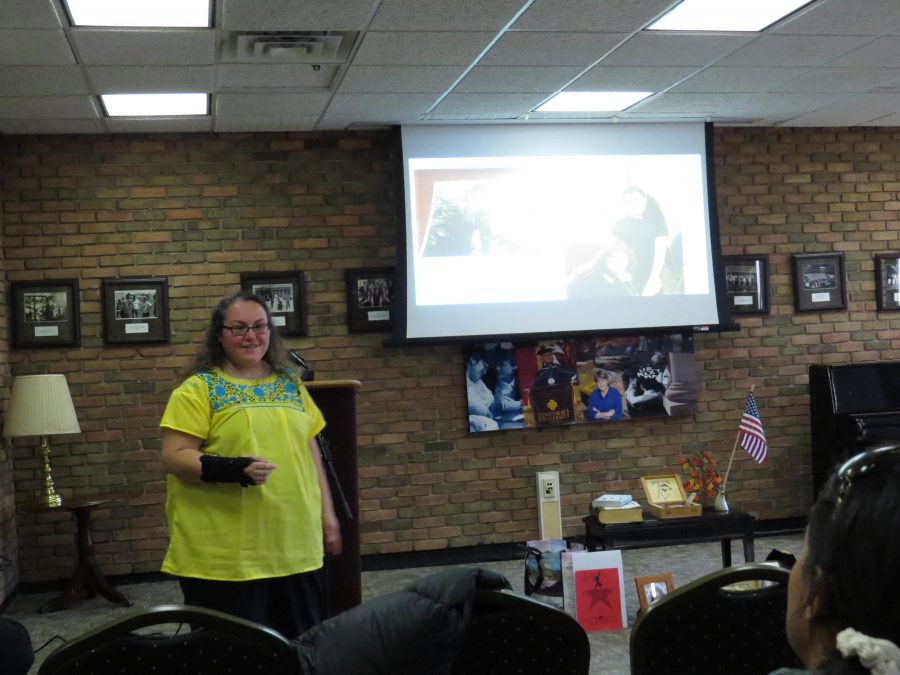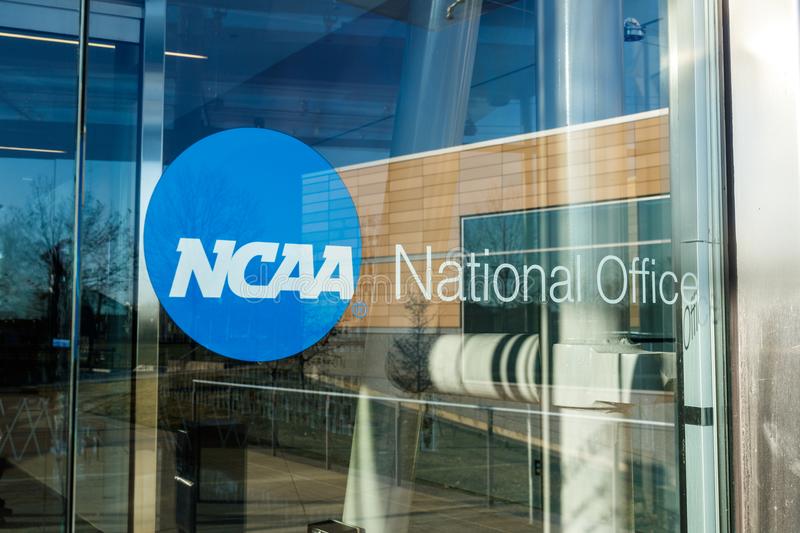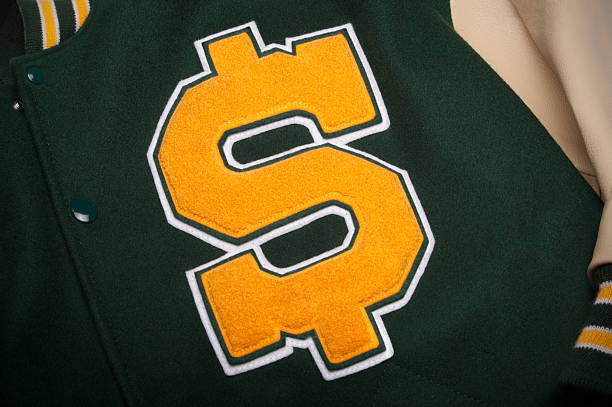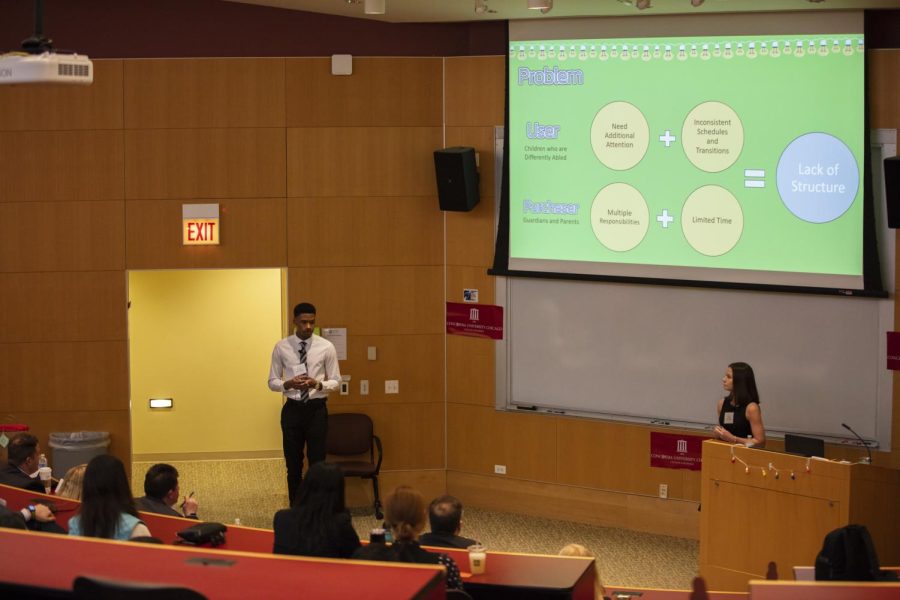Lack of Student Interest Led to Cougar Tank Cancellation
March 23, 2022
Tabitha Mucci had an idea for a mobile app that would make grocery shopping easier, while saving people money.
Mucci, a junior studying business management, envisioned an app that would allow shoppers to compare their grocery list at different supermarkets, sorting items by best price, brand, and other filters. Along with two other CUC students on her team, Mucci planned to present the app idea to the 2022 Concordia University Chicago Cougar Tank competition.
Although Cougar Tank drew plenty of entries in four previous years, including last year’s remote learning variation, Mucci’s grocery shopping app was the only entry in 2022. Without other teams to compete against each other, organizers had to cancel this year’s Cougar Tank.
“I was really looking forward to being able to collaborate with people and actually get experience presenting a business plan,” said Mucci. “I am going to miss out on the mentoring the most because I think it’s really valuable to network with people who have experience in this field.”
Cougar Tank organizers are hopeful that the competition will return in the future, but student interest has been trending down over the last couple of years.
Students in the Concordia Entrepreneur Group (now called the Concordia Business Group) founded Cougar Tank in 2018. The entrepreneurship competition was inspired by the reality TV show “Shark Tank,” which has aired on the ABC network for 13 seasons.
Cougar Tank invites CUC students to create an innovative business idea, which is then refined and presented to a panel of judges consisting of local business professionals and alumni. The event affords students the opportunity to gain practical business experience by working in teams and developing an original idea into a workable plan.
The competition takes place over three rounds of judging, with a few select teams advancing to each round. Round one is a flip-chart presentation, during which each team has just three minutes to outline the basics of their business plan to a panel of CUC faculty. The second round asks teams to describe their plan in greater detail using a slideshow, this time judged by alumni of the CUC College of Business.
Each group that advances past the first round is also assigned a mentor who guides them over the next steps of the tournament. These coaches include CUC alumni as well as business professionals from the local community.
After round two, only three Cougar Tank teams advance to the final round. The top three teams present their final, formal business plans to a panel of local executives and entrepreneurs, who then have 10 minutes to question the students about their proposal.
The winning team receives cash prizes courtesy of the Cougar Tank sponsors, including Northwestern Mutual, Lutheran Church Extension Fund, Emerge Education, and Innovation DuPage. First place takes home $500, second place wins $250, and the third place team receives $100.
“I really feel that the students who do it get so much out of it, more than just the winners,” said Catherine Schlie, the faculty director of Cougar Tank.
The 2020 Cougar Tank was cut short because of the March 2020 COVID-19 outbreak. In 2021, the competition was held completely online. The format was modified to adapt to online learning, with only two rounds and presentations given over video calls. Only six teams entered the 2021 Cougar Tank, however, which at the time was the smallest entry pool since the competition started.
“I feel like students are missing out on some good real-world experience,” said senior Penny Marquardt, a member of 2021’s winning team. “It is also something great to put on your resume. You also miss out on actually doing the entire business planning process.”
Marquardt’s team proposed a start-up called “Bud,” which would be a mental health app geared to college students. Although Marquardt does not expect to further pursue that idea after graduation, she will use the experiences from Cougar Tank in pursuit of a career in product development.
The College of Business plans to offer Cougar Tank once more next year, with hopes for increased student participation. The three-round format requires a minimum of seven entrants to work.
Schlie will look to increase student awareness of the Cougar Tank competition to garner enough entries so the tournament can be held next year. “We will work more with the faculty, and we are trying to get some classes to require Cougar Tank as part of their curriculum because of how great of an opportunity Cougar Tank is,” said Schlie.

